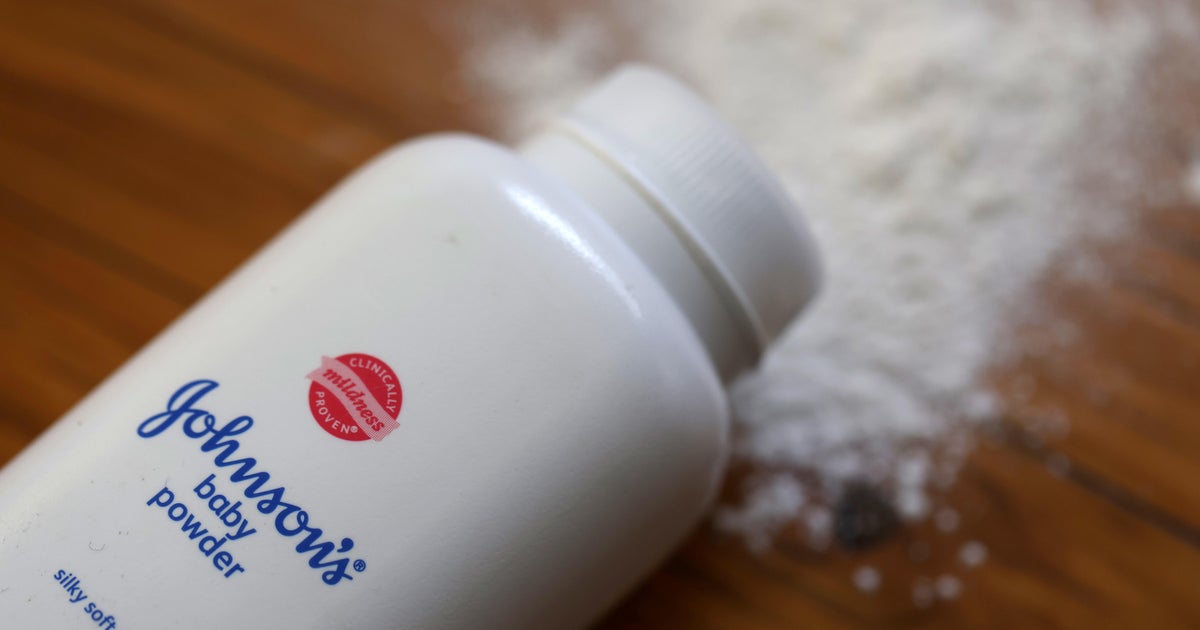Megan Rapinoe visits White House with women's soccer team on Equal Pay Day
President Joe Biden met with soccer superstar Megan Rapinoe and other members of the U.S. women's national soccer team Wednesday at the White House to mark Equal Pay Day. Rapinoe had earlier testified in front of the House Oversight Committee, where she urged lawmakers to take immediate action to address the gender pay gap.
In 2021, March 24 marks how long women have to work on average to earn what their male counterparts did in 2020. The U.S. women's national team has won four World Cup championships and four Olympic gold medals — and set a record of 1.12 billion viewers for their 2019 Women's World Cup win, according to FIFA — but the team is still paid less than male counterparts. A federal judge dismissed the team's equal pay lawsuit last year. They've vowed to appeal.
"You see, despite all the wins, I'm still paid less than men who do the same job that I do," Rapinoe said during remarks at the White House. "For each trophy, of which there are many, and for each win, for each tie and for each time that we play, it's less. And I know there are millions of people who are marginalized by gender in the world," and experienced even worse, she added.
"And I and my teammates are here for them," Rapinoe continued. "We on the U.S. Women's National Team are here because of them."
Mr. Biden called the members of the U.S. Women's National Team "heroes." The president also said getting to meet with the team makes him and First Lady Jill Biden "heroes" with their grandchildren.
"The reality though is that in nearly every job, more than 90% of the occupations, women still earn less than men. Eighty-two cents on the dollar, on average," the president said. "The pay gap is real."
Mr. Biden tied in the American Rescue Plan, touting the direct checks to workers and expansion of the child care tax credit, among other things. The president said the legislation will help give families the "freeness" to rejoin the workforce.
But more needs to be done, the president said, urging legislation to require equal pay. The president signed a proclamation declaring today National Equal Pay Day 2021.
First lady Jill Biden spoke during the visit, too, telling Rapinoe, "you and your teammates put your careers on the line for this cause" of equal pay.
"That courage is why you are a hero to my grandchildren, and fans around the world," the first lady said. "Over and over, you inspire us to stand tall and speak out. From our whole family, and especially our granddaughters, thank you."
When Rapinoe testified before the House Oversight Committee earlier Wednesday, she said she did so because she has experienced pay inequality first hand.
"If it can happen to us and it can happen to me, with the brightest light shining on us at all times. It can and it does happen to every person who is marginalized by gender," Rapinoe said Wednesday morning. "We can change that today, we can change that right now. We just have to want to."
By the numbers
Women earn 82 cents for each $1 men earn, according to the National Women's Law Center. The wage gap also disproportionately impacts women of color. Black women earn $0.63 for full-time work while White men take home $1, and Native American and Hispanic women earn even less — $0.60 and $0.55, respectively.
For a woman working full time, that amounts to $846 a month or more than $10,100 less than her male counterpart on average each year. Over a 40-year career, that can add up to more than $406,000 — and for Black women and Native American women, that means making nearly $1 million less. Over that same 40-year career, Hispanic women's earnings trail more than $1.1 million.
"Asian American and Pacific Islander women's Equal Pay Day is March 9. Black women's Equal Pay Day isn't until August 3rd. Native American women's Equal Pay Day isn't until September 8th. And Latino women's Equal Pay Day isn't until October 21. This is a disgrace," said Chairwoman Carolyn Maloney, a Democrat from New York.
The hearing comes as women have also been slammed by the coronavirus pandemic, bearing a greater brunt of childcare with kids home from school and overrepresented in jobs hard hit including childcare, education and in the hotel and restaurant industries.
More than 2 million women have left the labor force since the pandemic began. More than two out of every five women who were unemployed in February 2021 had been unemployed for at least six months.
At the same time, nearly two-thirds of front-line workers are women, but they're also earning less on average than male counterparts: According to the U.S. Census, female nurses' median earnings in 2019 were $68,509, compared with male nurses' $73,603. Women cashiers made $22,032 in median earnings, while men took home $24,616.
While Republicans called for efforts to address the disproportionate impact the coronavirus pandemic has had on women, they did dispute some of the numbers.
"Once adjusted for hours worked and compensation packages, family and marital status, the gender wage gap I believe is significantly smaller than what we're talking about today. And in most cases when you look at data, when you look at context, we're talking in context, we're talking about between two and ten percent," said Congresswoman Nancy Mace of South Carolina. "So I'm not saying there's not a gender wage gap. I'm not saying it statistically unlikely women earn less than men. I'm just saying that it's not because of widespread discrimination."



